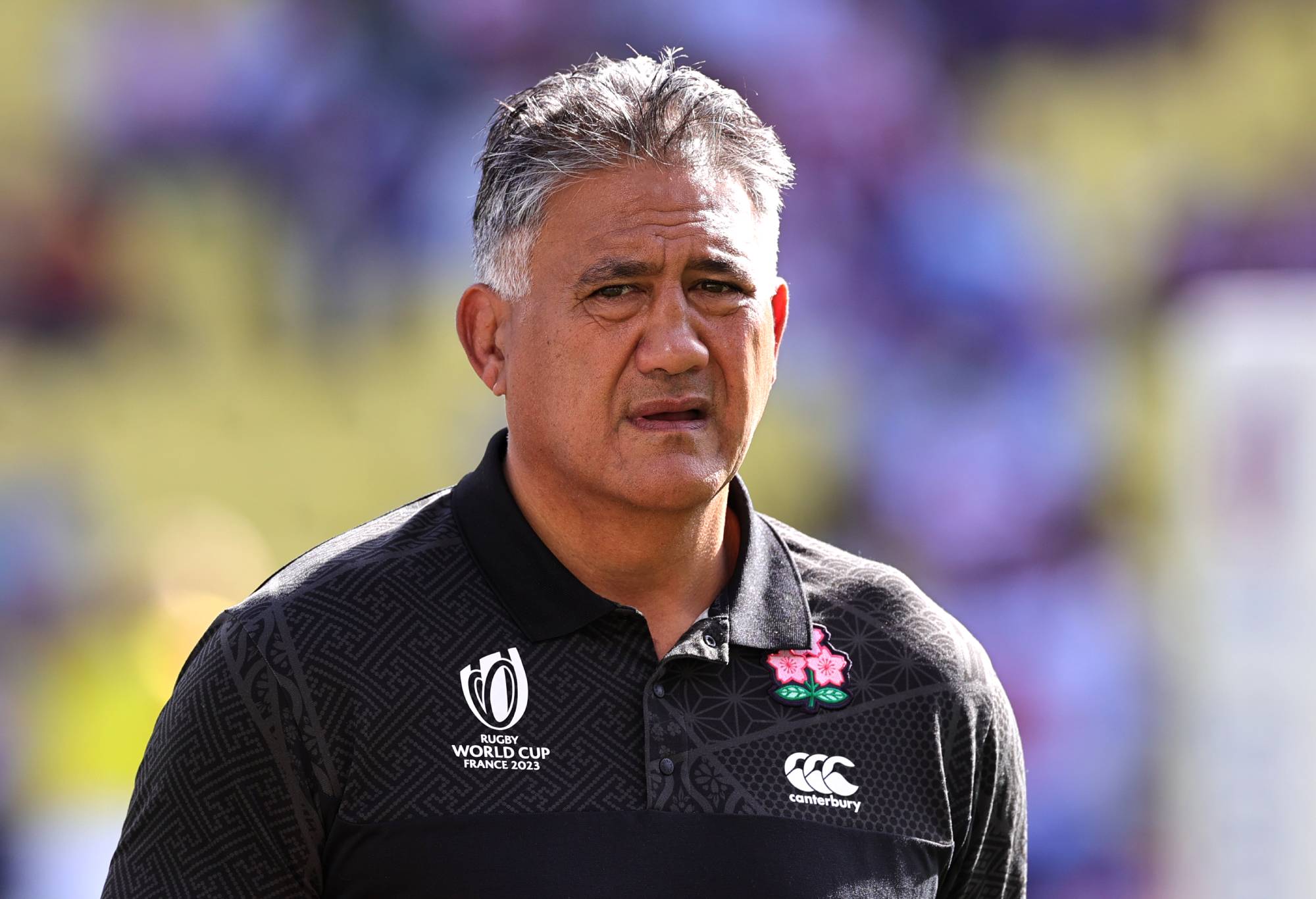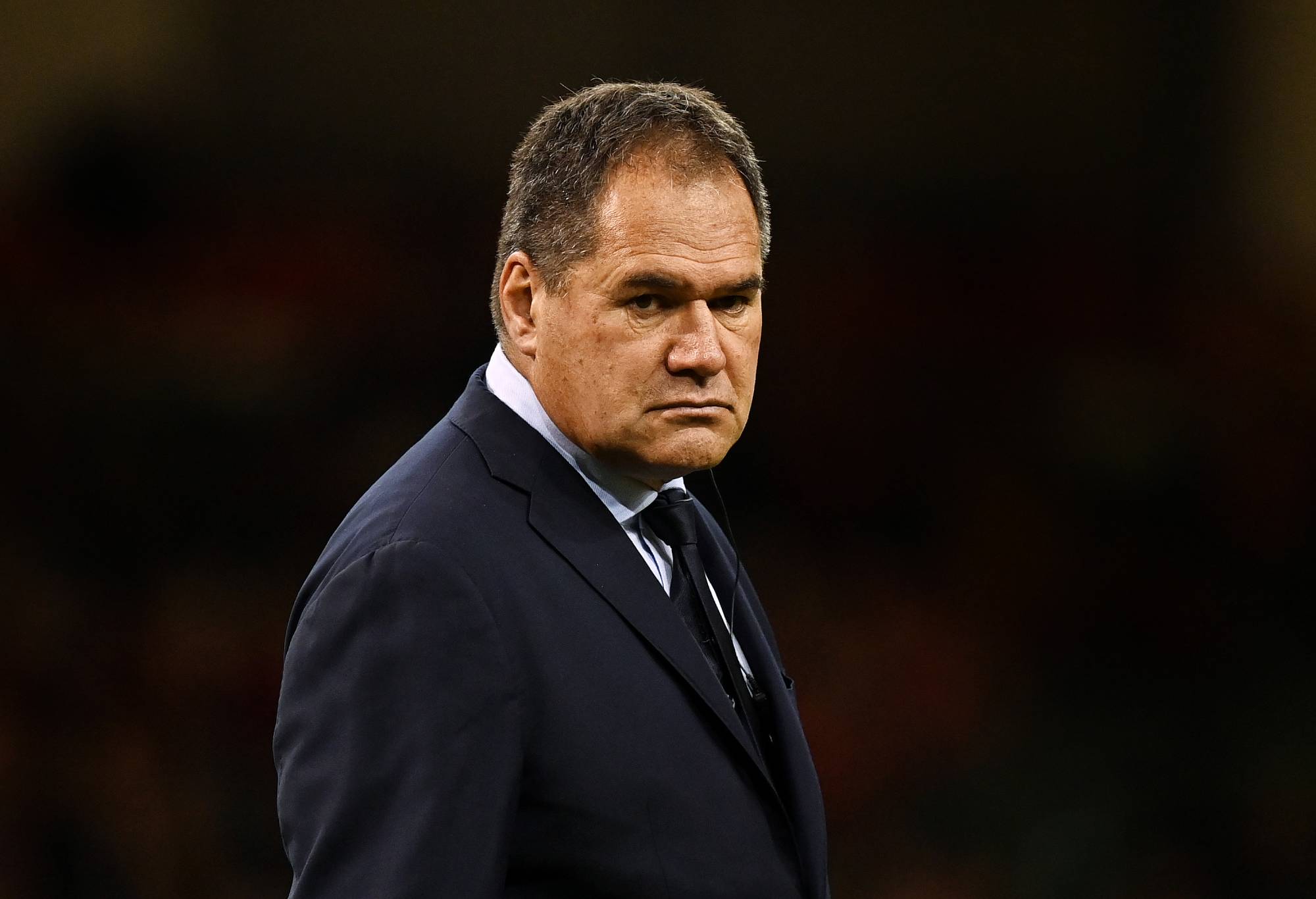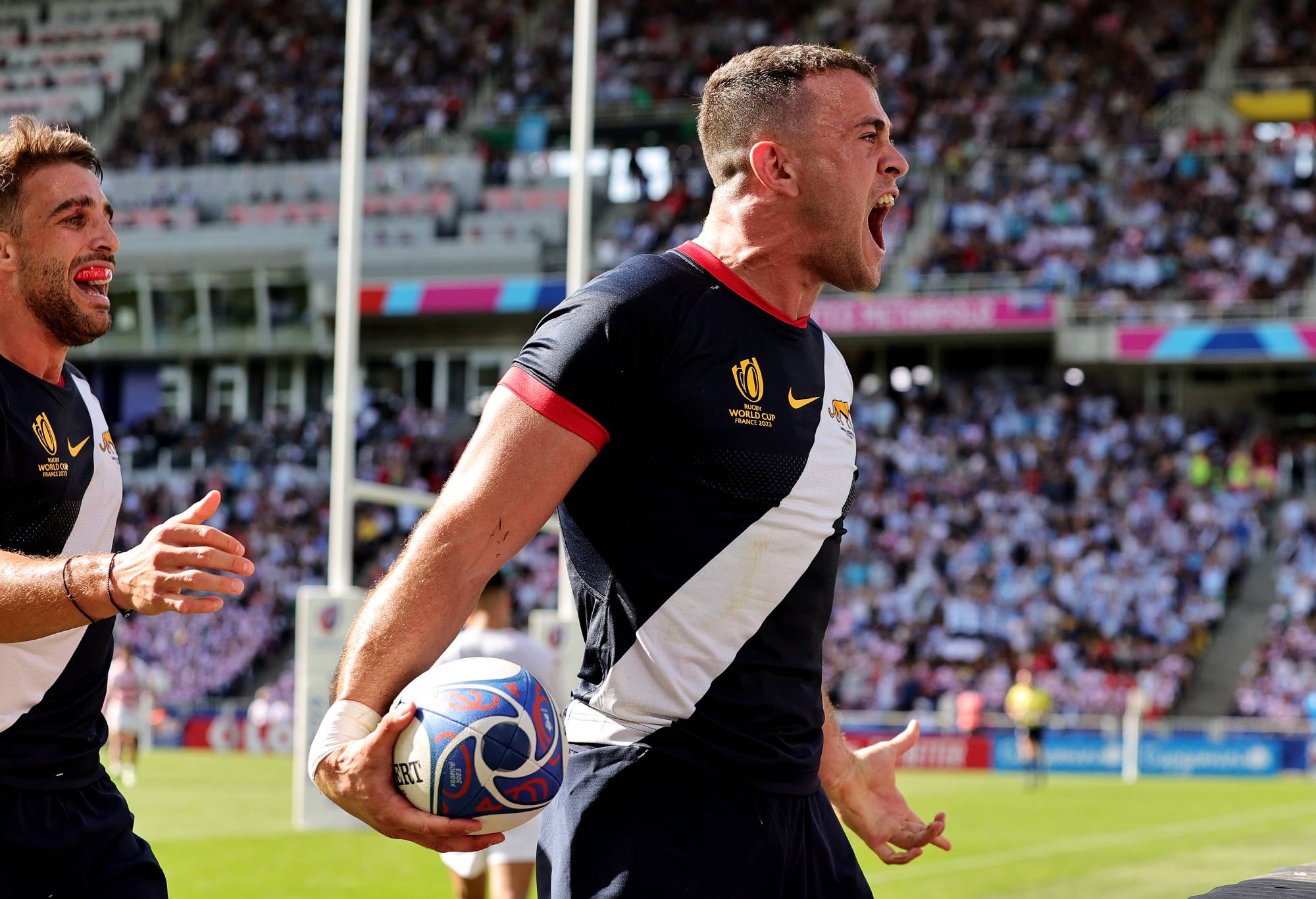NANTES – As Michael Cheika’s Los Pumas progressed through to the final eight for the first time since 2015, outgoing Brave Blossoms coach Jamie Joseph said Japanese rugby needs to adapt or fall behind.
Joseph, who will return to the Highlanders after eight years in charge of the Brave Blossoms, also delivered a not-so-subtle message to the Japan Rugby Football Union about who his successor should be.
Asked by The Roar whether he had an opinion over who should take over from him, Joseph said his successor needed to be able to bring together several cultures and added that the JFRU shouldn’t look past his own coaching team.
“What I will say is that my coaching team are highly experienced and very capable, and the one thing I’ll say is coaching in Japan isn’t the same as coaching in New Zealand or Australia or England, there’s a cultural aspect that you need to be aware of,” Joseph said.
“Players think differently, and the game of rugby is consistent but the players coming in, particularly from our team, I think there’s about eight or nine different cultures in terms of where they’re coming from, so the coach has got to be a good guitar player.”

Jamie Joseph’s tenure as Japan coach is over after going down to Argentina at the Stade de la Beaujoire on October 08, 2023 in Nantes. (Photo by David Rogers/Getty Images)
Joining Joseph in France was former All Blacks head coach and England assistant John Mitchell, his long-time right-hand man Tony Brown as well as Scott Hansen and Shin Hasegawa.
But as reports linked Wallabies coach Eddie Jones to a possible return to the Japanese head coach, Joseph’s pointed message that the next coach had to be a “guitar player” also seemed a gentle push for New Zealand compatriot Dave Rennie, who recently joined Kobe following a three-year stint with Australia that brutally ended in January.
Indeed, Rennie has always been thought of as someone who can bring together a group of players.
While his tenure with the Wallabies ended abruptly, the playing group firmly respected him.
Rennie’s ability with the guitar and desire to bring together a team through lyrics is also well known.

Jamie Joseph appeared to softly advocate for his New Zealand compatriot Dave Rennie to be considered for the Japanese coaching role. (Photo by Harry Trump/Getty Images)
Regardless of who takes over from him, Joseph, whose Japanese side went down 39-27 to Argentina to miss the World Cup quarter-finals, said it was essential that not only the national team plays more, but domestically its players are tested more rigorously at home and away.
“I think it’s the most important, and I think I could say it on behalf of all two-tier teams, that they’re quality rugby players but we can’t get quality time to develop those quality rugby players to play games like we witnessed today,” Joseph said.
“This year, we played 10 tough games of rugby and now we’re starting to play to our potential.”
Joseph added that the local leagues, which include three divisions, weren’t doing enough to prepare its rising talent for international rugby and suggested a return to Super Rugby Pacific would be advantageous.
“In most cases our second and third-best players in Japan aren’t getting rugby, so something needs to be done about that,” he said.
“On top of that, we need to have a level of rugby of professional intensity where the players can get day-to-day rugby, tour, get used to different countries, different types of rugby.
“You play South Africa and they play a different way, you play Argentina and it’s a different type of footy, and I think those kinds of experiences, which we had with the Sunwovles [previously in Super Rugby], is a possible solution.”
Japan pushed Michael Cheika’s Pumas for 68 minutes before Mateo Carreras’s third try ensured they would return to the quarterfinals for the first time since 2015.
After Japan’s replacement back Jone Naikabula touched down in the 65th minute to cut the deficit to 29-27, it took until Carreras’ third try three minutes later for Los Pumas to land the crucial blow. Then came the nail in the coffin, as Nicolas Sanchez converted to extend the margin out beyond a converted try.
Sanchez then put the game to bed when he landed a long-range penalty to seal a 39-27 victory in one of the most thrilling matches in the World Cup to date.

Emiliano Boffelli celebrates after scoring his team’s fourth try against Kapan at Stade de la Beaujoire on October 08, 2023 in Nantes. (Photo by David Rogers/Getty Images)
The 12-point victory ensured they would qualify for the knockout stages 16 years after Argentina was one of the great surprise packages in France by defeating Les Bleus to take home the bronze medal.
But if they are to go deep over the next month in France, they will have to do it without their inspirational back-rower Pablo Matera, who limped off in agony in the first half with a hamstring injury and was on crutches at full-time.
Cheika all but confirmed the star’s World Cup campaign was over ahead of their quarter-final against Warren Gatland’s Wales in Marseille.
“It doesn’t look good, I’d say,” Cheika said.
“It’s a hamstring injury definitely and by the look of him now, I’d say definitely it (the tournament) would be over. But you know, it’s never over until it is, so we’ll see what happens.”































































































